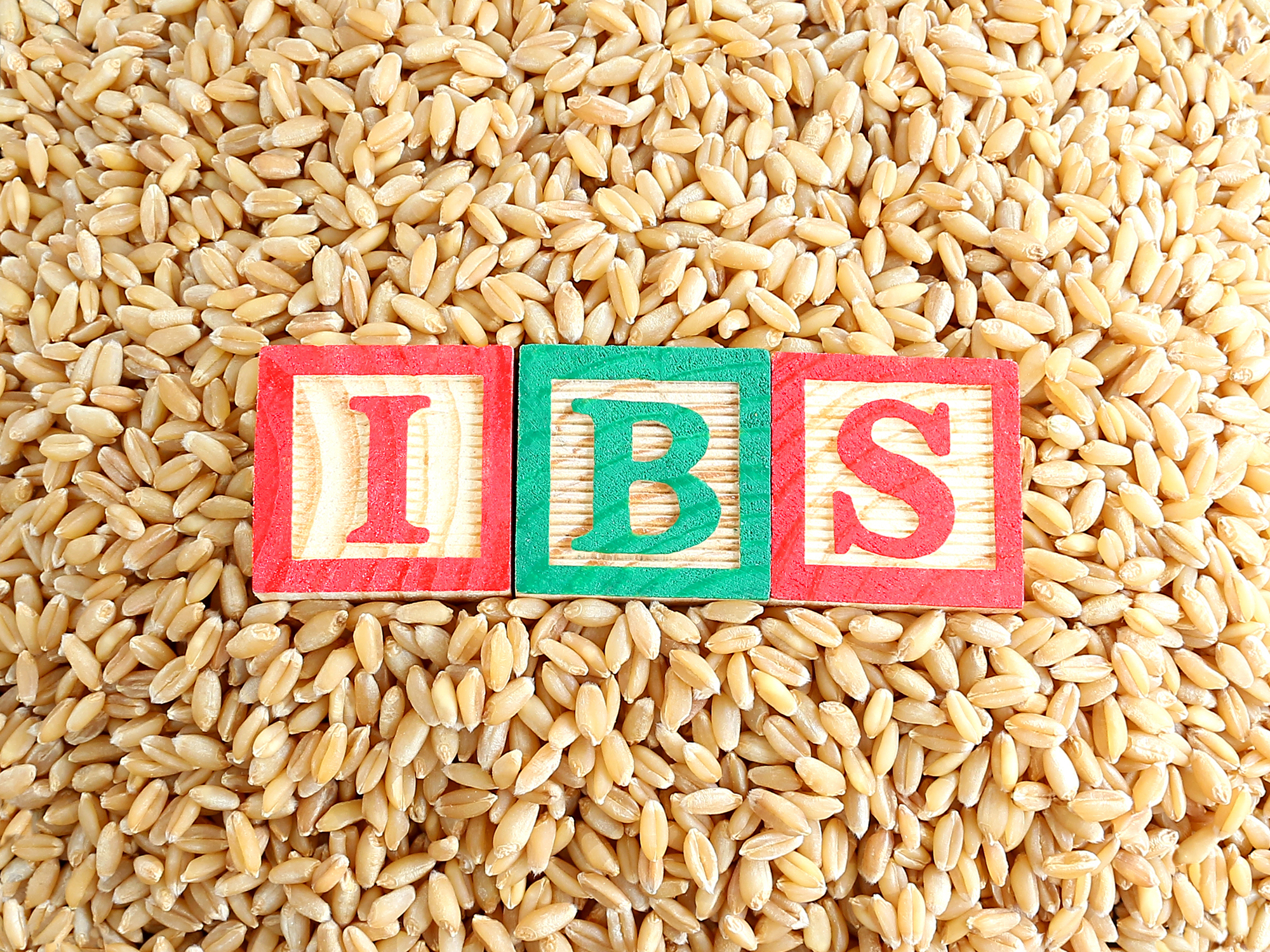Get Easy Health Digest™ in your inbox and don’t miss a thing when you subscribe today. Plus, get the free bonus report, Mother Nature’s Tips, Tricks and Remedies for Cholesterol, Blood Pressure & Blood Sugar as my way of saying welcome to the community!
The best foods and supplements to soothe IBS

Irritable bowel syndrome (IBS) is as an illness affecting millions of people of all ages, but two-thirds of sufferers are female.
Even though this medical syndrome is wide-spread, the root cause in unknown.
There are, however, ways to naturally control for it as well as reduce its symptoms.
In my last post, we looked at how traditional Chinese medicine (TCM) can help IBS focusing on stress reduction techniques. But diet and nutritional supplementation can play an important role in the prevention and reduction of symptoms associated with IBS as well…
Dietary considerations for IBS
Diet is an interesting study because what is deemed healthy for many can be detrimental to others. For example, nuts are healthy and their fats and nutrients are a much needed part of a healthy diet; yet, for migraine sufferers, nuts can be a nasty trigger that sets a path to pain. For those suffering with IBS, food represents the same double-edged sword.
For most ailments, including IBS, there is food to eat more of that can be helpful, and there are foods to avoid that can make matters worse.
Foods to avoid
In general, IBS sufferers should avoid foods that are fatty, greasy and high in caffeine, alcohol, sugar and dairy. These are foods that cause constipation.
Moreover, foods that cause excessive gas and bloating should also be reduced or avoided. These include: beans, cabbage, cauliflower, broccoli, raw (uncooked) fruit and carbonated drinks like soda and sparkling water.
Gluten is also shown to be an issue for people with IBS, as it irritates the bowels and can cause diarrhea. As such, avoiding products made with wheat, rye and barley (including bread, crackers, etc.) can be helpful. (Although, fiber is recommended; which means this is an area where personal measure will be made.)
Additional items to be careful of are chocolate, artificial sweeteners and certain medications (like NSAIDs) that affect the GHI tract.
Food to consume more of
IBS sufferers should consume plenty of water, alkaline foods (like green leafy vegetables) and fiber. Basically, we are talking about foods that are nutritious, do not foster an acidic environment in the body, and that also help maintain normal bowel elimination.
Fiber is needed and good, but can be tricky. Fiber helps reduce constipation by helping form stools, but too much can cause cramping and gas. There really is not an agreed on measure of how much fiber is good or detrimental with IBS, so you will need to experiment. But certainly, do not avoid it because you have had issues. You can reduce the amount if you have had issue.
Since gluten tends to be hard on those with IBS, getting your fiber from non-bread foods, like vegetables, beans and grains is the better bet. Fiber supplementation is also a good way to increase fiber and psyllium (Metamucil) and methylcellulose (Citrucel). Of course with fiber you need plenty of water.
Supplementation
Supplements can also be helpful for IBS, including probiotics, peppermint oil and Iberogast.
Probiotics are live (good) bacteria that are great for your gut and are naturally found in fermented foods like kimchi, sauerkraut, tempeh, miso, yogurt, kefir and kombucha. A probiotic supplement can also be taken if the above foods are not to your liking. Just do some research before simply grabbing a cheap brand off the store shelf. Some are bogus, so look at reviews or ask someone in a health food store or supplement shop for advice.
According to a study based on meta-analysis of 16 clinical trials, peppermint oil has positive effects on IBS because of its anti-spasmodic properties. The studies investigated 180-200 mg enteric-coated peppermint oil (PO) for 651 IBS patients with recurrent abdominal pain. Taking 1-2 capsules three-times per day for 6 weeks “may be the drug of first choice in IBS patients with non-serious constipation or diarrhea to alleviate general symptoms and to improve quality of life.” Their conclusion should be followed.
Iberogast (also known as STW-5), is a proprietary formula of nine plant extracts that is proving helpful for the pain symptoms associated with IBS. Like peppermint, Iberogast has anti-spasmodic properties. According to this study, “The extracts of the herbal combination preparation STW 5 (Iberogast®) exert pharmacological effects in different gastrointestinal regions and can address symptoms of both FD [functional dyspepsia] and IBS.”
Additional tips
When it comes to preventing, reducing or managing the symptoms of IBS, you want to keep things moving while reducing inflammation, constipation and pain.
If constipation remains an issue, saline enemas (like Fleet) and osmotic laxatives (like milk of magnesia or polyethylene glycol) can also be used in moderations. The increase in fiber, water, alkaline foods and supplementation should be most helpful, though.
Additional tips include eating at regular meal times. Not skipping meals has been shown effective in regulating normal (timely) bowels. Moreover, smaller and more frequent meals can be helpful if diarrhea continues to be an issue.
Exercise is also a boon for IBS because it helps reduce inflammation, reduce stress and depression, and stimulates intestinal contractions.












